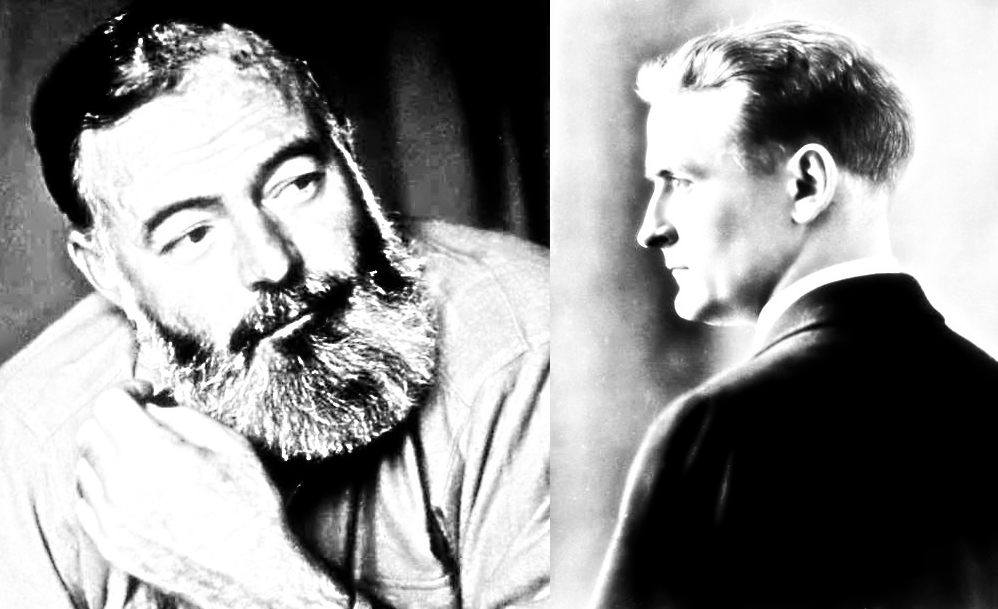Within the restless, hurried, modern world
We took our hearts’ full pleasure—You and I,
And now the white sails of our ships are furled,
And spent the lading of our argosy.
–
Wherefore my cheeks before their time are wan,
For very weeping is my gladness fled,
Sorrow hath paled my lip’s vermilion
And Ruin draws the curtains of my bed.
–
But all this crowded life has been to thee
No more than lyre, or lute, or subtle spell
Of viols, or the music of the sea
That sleeps, a mimic echo, in the shell.
Background and breakdown
“My Voice,” appeared sometime between 1854-1900 and is written in a ballad or ode form (though loosely), contains three stanzas (ballad) that have four lines apiece (ode), and it is written in iambic pentameter with an abab/cdcd/efef rhyme scheme (poemanalysis.com).
The poem details the end of a relationship, with the narrator’s ex-lover not reciprocating in the heartache that he feels. “The speaker really wants to get across how untouched she is by the end of their love. The last line of the poem speaks to the female partner’s ability to listen to their love in a sea shell, and leave it behind.” (poemanalysis.com). It’s an extremely relatable poem, and I think Wilde handles the theme well with the words he chose to explain his feelings (and he really loves being verbose).
Why I like it
Right around the time I was near my fill of weird fiction (Lovecraft, Howard, etc.), I started reading Gothic literature, from Robert Louis Stevenson to Mary Shelley. I also picked up a copy of Oscar Wilde’s The Picture of Dorian Gray, which read less like Bram Stoker’s Dracula and more like Emily Bronte’s Wuthering Heights.
Either way, Wilde’s style and ability to craft an ambitious atmosphere of debate and apprehension enamored me, but, by the same token, I must also admit that it’s a weirdly plotted book (win some, lose some, in my opinion). However, Wilde has such a strong voice that is very similar regardless of prose or verse, which it makes all of his writing appealing to me, and, this poem, is a prime example of telling a story, alluding to Greek literature, while also encapsulating a heart-breaking issue that often plagues relationships: when one person in a relationship views time together with less passion than the other.







